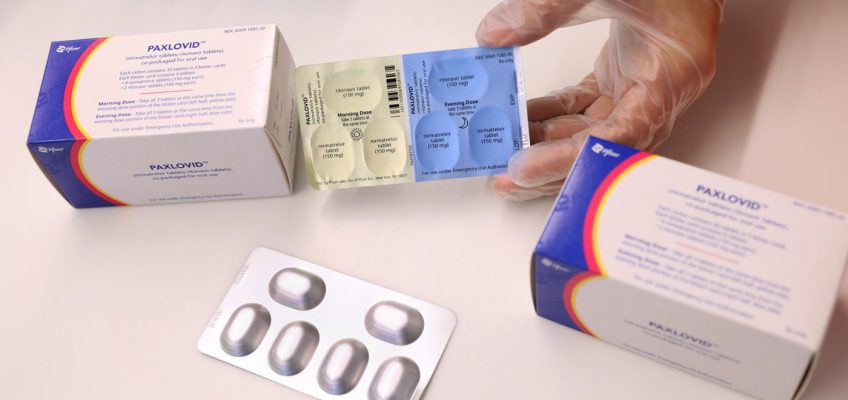What are the best fire pit tables?
Entertaining outdoors is a great way to spend time with friends and family, but it can get chilly in the open air. A fire pit table is a perfect solution for outdoor gatherings, providing warmth for everyone sitting together, along with a table edge for food and drinks.
Below you’ll find all the information you need to select the right fire pit table, along with a few recommended models, including the excellent Outland Living 403 Series Propane Fire Pit.
What to know before you buy a fire pit table
Fuel type
Propane gas is probably the most popular fuel type for fire pit tables. Propane comes in convenient bottles and there’s no cleanup, unlike solid fuel fire pits.
Natural gas is another option, generally reserved for high-end fire pit tables. Models that run on natural gas must be fitted to a natural gas line, similar to a gas stove, so you’ll need a professional gas engineer to install one. Once it’s fitted, you won’t be able to move it.
Solid fuel fire pit tables can accommodate wood or charcoal. These models are generally affordable and are a good choice if you have access to free wood. However, they produce smoke, and there’s a great deal of cleanup involved after use.
Construction material
Fire pit tables must use fireproof and heat-resistant materials in the design, such as metal — most commonly steel or cast iron. Aluminum is lightweight and inexpensive but not highly durable. Any metal parts exposed to the elements should be powder-coated or otherwise made rust-resistant. Some models feature a plastic or resin faux-rattan exterior to ensure the body of the table stays cool to the touch and creates a relaxed outdoor vibe.
What to look for in a quality fire pit table
Easy ignition
If you choose a propane or natural gas fire pit table, it should be easy to ignite. Most feature a simple push-button ignition, so lighting is straightforward. Lighting a solid fuel fire pit is more of a hassle, as you’ll need firelighters or similar to ignite the fuel.
Heat output
The heat output of propane fire pit tables is measured in British Thermal Units. A quality model has an output of 35,000-50,000 BTU. This kind of output should warm a small patio area, though the exact heating radius varies depending on the weather conditions. You should adjust the heat output of a fire pit table to keep it at a comfortable level.
Size
Check the size of any fire pit table you’re considering to make sure it will accommodate as many people around it as you’d like. It’s better to get a table slightly larger than you need to enjoy as much of a fire pit as possible, assuming you have the space for it.
How much you can expect to spend on a fire pit table
You can find some inexpensive fire pit tables for $100-$200, while the most expensive models can cost $1,000 or more.
Fire pit table FAQ
Should you cover a fire pit table?
A. It’s highly recommended to cover a fire pit table when it’s not in use to protect it from rain, as well as dirt and debris. Some models come with a cover included, but you may need to buy a suitable cover separately. Remember not to put the cover on your fire pit until it has cooled completely.
Can you cook over a fire pit table?
A. You can cook over a fire pit table, but it isn’t recommended to grill over a natural gas or propane model because you’ll end up with a huge mess to clear up. This isn’t such an issue with solid fuel models since you’ll need to clean the ashes out anyway, so you can clear any cooking mess out with them. If you want to cook on a propane or natural gas fire pit, use a Dutch oven or cast iron skillet.
What’s the best fire pit table to buy?
Top fire pit table
Outland Living 403 Series Propane Fire Pit
What you need to know: This model is available in square and rectangular models with up to 50,000 BTU heat output. It’s ideal for people serious about outdoor entertaining.
What you’ll love: The large table surface is excellent for resting food and drinks, and the metal parts are powder-coated for durability. The plastic rattan exterior brings a relaxed look to your outdoor space.
What you should consider: This option is somewhat pricey.
Top fire pit table for the money
BALI OUTDOORS Gas Fire Pit Table
What you need to know: This is an affordable fire pit table that’s perfect for having drinks and snacks around, but it doesn’t have a large enough table surface for full-sized plates.
What you’ll love: It has an impressive 50,000 BTU output, a black faux finish and a metal cover for the fire pit area that lets you use it as a standard table in the summer.
What you should consider: It is not easy to assemble as all parts need to be screwed.
Worth checking out
AZ Patio Heaters Propane Fire Pit
What you need to know: With its rustic antique bronze finish, this option is great for buyers who want a fire pit that looks good and performs well.
What you’ll love: The 40,000 BTU output warms an area of approximately 15 square feet. It includes glass fire pieces and an optional tabletop cover for when it’s not in use.
What you should consider: The positioning of the igniter makes it awkward to reach.
Prices listed reflect time and date of publication and are subject to change.
Check out our Daily Deals for the best products at the best prices and sign up here to receive the BestReviews weekly newsletter full of shopping inspo and sales.
BestReviews spends thousands of hours researching, analyzing and testing products to recommend the best picks for most consumers. BestReviews and its newspaper partners may earn a commission if you purchase a product through one of our links.




